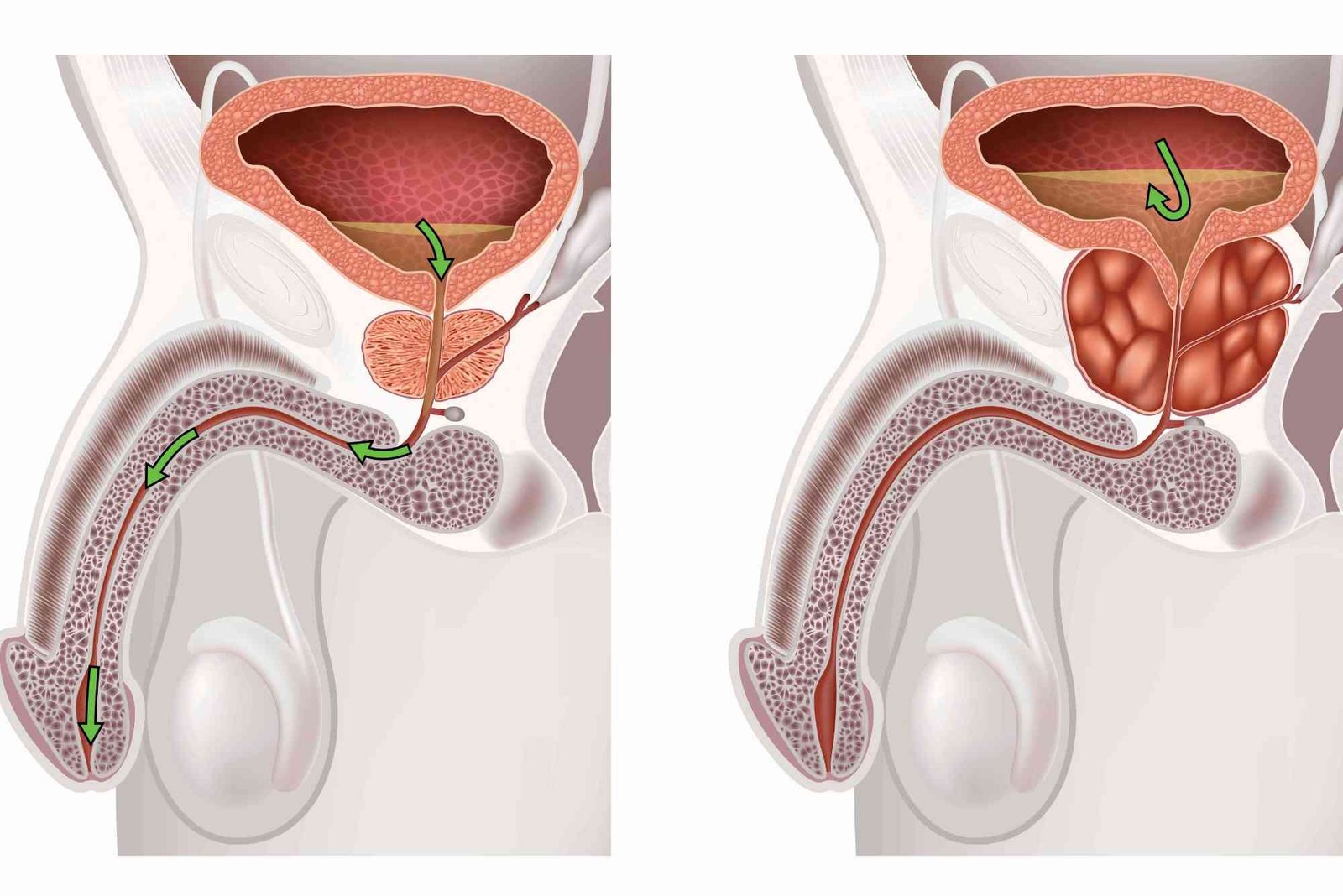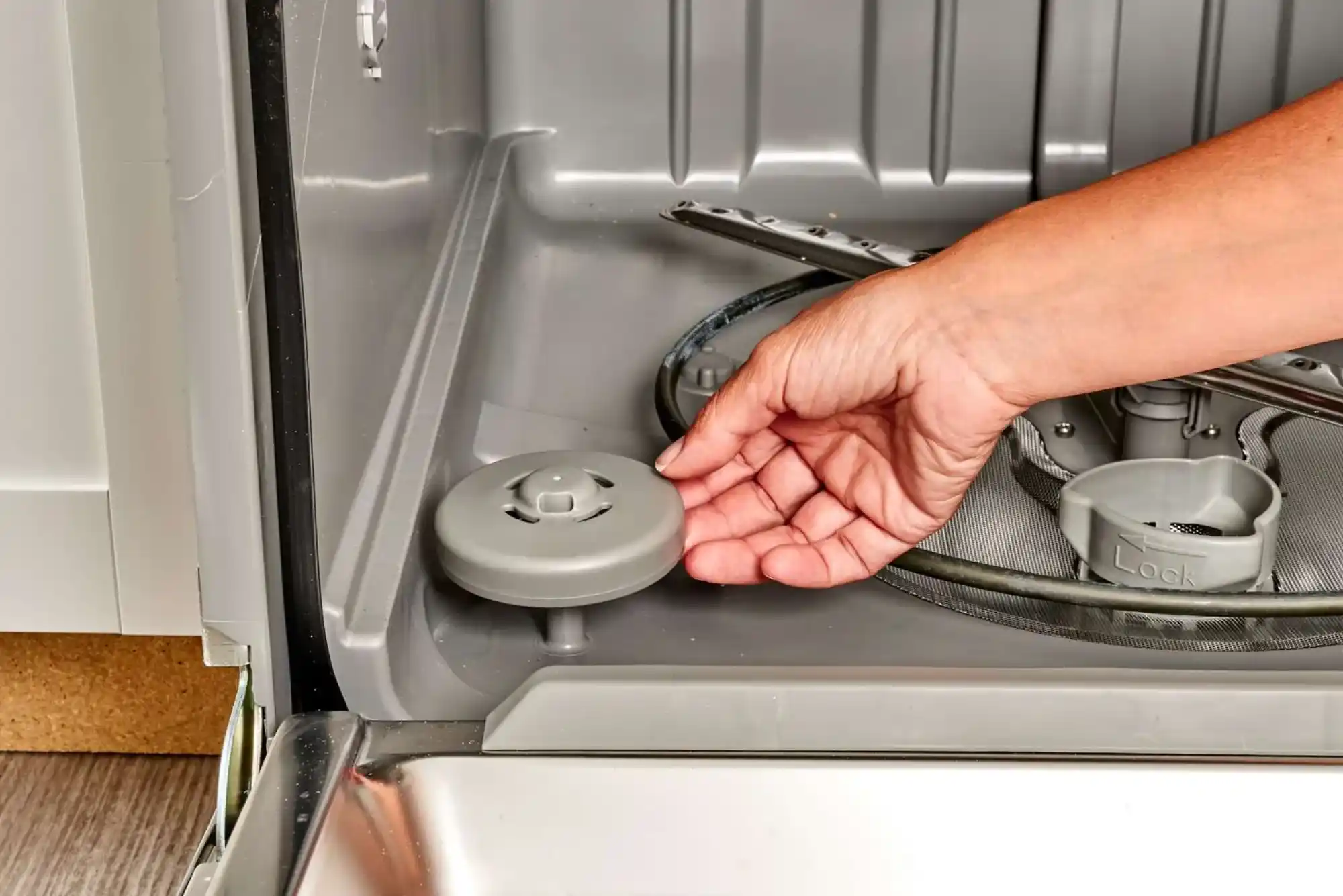Introduction
Benign Prostatic Hyperplasia (BPH), commonly known as enlarged prostate, affects millions of men as they age. The condition causes the prostate gland to grow, leading to symptoms like frequent urination, difficulty starting or stopping urine flow, and incomplete bladder emptying. While medical treatments are available, many men wonder: can lifestyle changes improve Prostatic Hyperplasia symptoms naturally? The answer is encouraging—yes, with the right adjustments, you can ease discomfort, improve urinary flow, and enhance your quality of life.
Understanding Benign Prostatic Hyperplasia
BPH is a non-cancerous enlargement of the prostate gland, usually developing after the age of 40. As the gland enlarges, it presses against the urethra and bladder, causing urinary difficulties. The exact cause of BPH isn’t fully understood, but factors like hormonal changes, inflammation, and genetics play a role.
While medications and surgeries can help, lifestyle interventions can complement these treatments and, in mild cases, may even reduce the need for medication.
The Role of Lifestyle in Managing BPH
Lifestyle has a powerful influence on prostate health. What you eat, drink, and how active you are can either worsen or alleviate symptoms. Studies have shown that men who maintain a balanced diet, manage stress, and stay physically active experience fewer urinary problems and slower prostate growth.
Let’s explore some practical and natural lifestyle adjustments that can make a real difference.
Diet and Nutrition for Prostate Health
Eat More Plant-Based Foods
A diet rich in fruits, vegetables, and whole grains provides essential antioxidants, vitamins, and fiber that support prostate health. Cruciferous vegetables like broccoli, cauliflower, and kale contain compounds that may help regulate hormone levels and reduce inflammation.
Include Omega-3 Fatty Acids
Fatty fish such as salmon, mackerel, and sardines are excellent sources of omega-3s, which may help reduce inflammation in the prostate and support urinary function.
Limit Red Meat and Processed Foods
High consumption of red or processed meat has been linked to increased prostate issues. Reducing your intake and replacing it with lean proteins like chicken, fish, or plant-based options can have a positive effect.
Stay Hydrated, But Smartly
Water is essential for flushing out toxins, but drinking large amounts in the evening can worsen nighttime urination. Drink most of your fluids earlier in the day and reduce intake before bedtime.
Reduce Caffeine and Alcohol
Both caffeine and alcohol act as bladder irritants and diuretics, increasing urinary urgency and frequency. Cutting back can significantly reduce discomfort, especially during the night.
Maintain a Healthy Weight
Excess weight, particularly around the abdomen, can put pressure on the bladder and worsen BPH symptoms. Obesity is also linked to higher estrogen levels, which may promote prostate growth. A balanced diet combined with regular exercise helps manage weight and reduce inflammation.
Losing even a small amount of weight can improve urinary symptoms. Aim for gradual, sustainable weight loss rather than extreme dieting.
Exercise Regularly
Physical activity is one of the most effective natural ways to manage Prostatic Hyperplasia symptoms. Exercise improves circulation, balances hormones, and reduces inflammation—all essential for prostate health.
Aerobic exercises such as brisk walking, cycling, and swimming enhance overall cardiovascular function and bladder control. Strength training, on the other hand, builds core muscles that support pelvic stability.
Practice Pelvic Floor Exercises
Kegel exercises, often recommended for women, are equally beneficial for men with BPH. Strengthening pelvic floor muscles can help control urinary flow and reduce leakage. To perform them, contract your pelvic muscles (as if trying to stop urination) for a few seconds, then relax. Repeat several times a day.
Manage Stress Effectively
Chronic stress can worsen urinary symptoms by tightening pelvic muscles and increasing inflammation. Stress also affects hormonal balance, which may indirectly influence prostate enlargement.
Simple techniques such as deep breathing, yoga, and meditation can reduce stress and help regulate body functions. Even 10 minutes of daily mindfulness can significantly improve your emotional and physical well-being.
Sleep and Rest Matter
Many men with BPH struggle with nocturia—the need to wake up frequently at night to urinate. Poor sleep not only leads to fatigue but also worsens overall health. To improve sleep quality:
-
Limit fluid intake 2–3 hours before bed.
-
Avoid caffeine in the evening.
-
Keep your bedroom cool, dark, and quiet.
-
Empty your bladder before sleeping.
Developing a consistent sleep routine supports hormone regulation and bladder control, both essential for managing symptoms.
Avoid Certain Medications
Some over-the-counter medications can worsen urinary symptoms. Decongestants and antihistamines, often found in cold and allergy medicines, tighten muscles around the bladder neck, making it harder to urinate. Always consult your doctor before taking new medication if you have BPH.
Quit Smoking
Smoking not only damages overall health but also affects circulation and increases oxidative stress in the prostate. Quitting smoking can enhance blood flow, reduce inflammation, and improve urinary health.
Consider Herbal and Natural Supplements
Some natural supplements show promise in supporting prostate health:
-
Saw Palmetto: Known to reduce urinary symptoms in some men.
-
Beta-Sitosterol: Helps improve urine flow and bladder emptying.
-
Pygeum Africanum: A herbal extract that can reduce inflammation.
However, supplements should not replace medical treatment. Always discuss with your healthcare provider before starting any supplement to avoid side effects or interactions with prescribed medications.
When to See a Doctor
While lifestyle changes can significantly improve symptoms, professional medical evaluation is crucial. You should see a doctor if you experience:
-
Difficulty urinating or weak urine flow
-
Blood in urine
-
Pain during urination
-
Inability to empty the bladder completely
Early diagnosis ensures proper management and prevents complications such as bladder damage or urinary tract infections.
Combining Lifestyle Changes with Medical Care
Lifestyle adjustments work best when paired with appropriate medical care. Doctors may recommend medications like alpha-blockers or 5-alpha-reductase inhibitors, and in more severe cases, minimally invasive procedures. These treatments, combined with healthy daily habits, can lead to faster improvement and long-term relief.
If you are interested in how lifestyle impacts other health conditions, check out this Related Blog article for more insights into maintaining wellness while managing medical challenges.
Long-Term Benefits of Lifestyle Changes
Adopting healthier habits doesn’t just help your prostate—it benefits your overall well-being. You’ll experience better digestion, heart health, energy levels, and emotional stability. Small, consistent steps today can prevent complications tomorrow.
For more valuable insights and wellness discussions, visit Can Lifestyle Changes Improve Prostatic Hyperplasia Symptoms and explore additional expert guidance.
So, can lifestyle changes improve Prostatic Hyperplasia symptoms? Absolutely. By following a nutrient-rich diet, staying physically active, maintaining a healthy weight, managing stress, and avoiding irritants, you can control symptoms and enhance your quality of life.
Remember, every positive habit you build contributes to better prostate health. Consult your doctor, stay proactive, and combine lifestyle management with medical advice for lasting results. To access more useful health and wellness guides, Learn more about maintaining balance and well-being in everyday life.
FAQs
1. Can BPH go away with lifestyle changes alone?
While lifestyle changes can significantly reduce symptoms, they usually don’t reverse prostate enlargement. However, they can slow progression and reduce discomfort.
2. What is the best drink for an enlarged prostate?
Water and green tea are excellent choices. Green tea contains antioxidants that support prostate health. Avoid caffeine, alcohol, and carbonated drinks.
3. Can exercise shrink the prostate?
Exercise won’t shrink the prostate directly, but it helps balance hormones, reduce inflammation, and relieve urinary symptoms.
4. Does coffee make BPH worse?
Yes, coffee acts as a diuretic, increasing urine production and bladder irritation, which may worsen symptoms.
5. Which foods should I avoid with BPH?
Avoid spicy foods, processed meats, high-sodium snacks, and sugary beverages that can irritate the bladder or worsen inflammation.
6. How long does it take for lifestyle changes to show results?
Most men notice improvements within a few weeks to a few months, depending on consistency and symptom severity.
7. Should I see a urologist for mild symptoms?
Yes, even mild symptoms should be discussed with a doctor. Early evaluation helps prevent future complications and ensures the right management plan.












